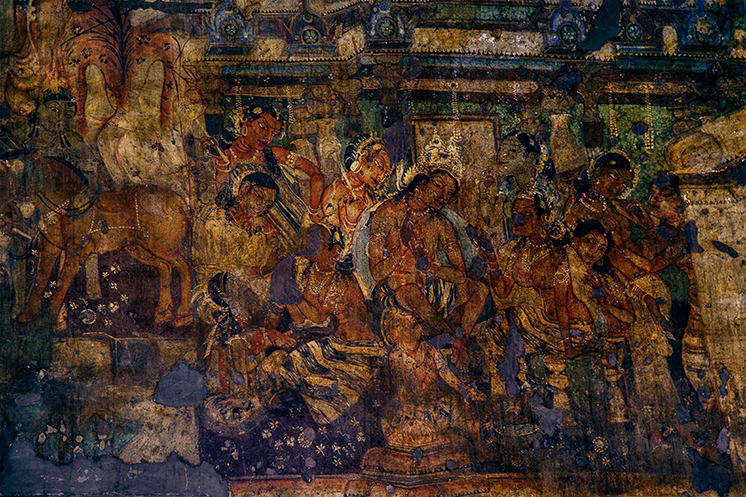Stella Kramrisch, Sanskrit Texts and the Transcultural Project of Indic ‘Naturalism’
Identifier (Artikel)
Abstract
Stella Kramrisch’s 1924 English translation of the first printed Sanskrit text of the Citrasūtra (from Viṣṇudharmottara Purāṇa, 5th–9th century CE) made its mark on the nascent stage of art history and high nationalism in India. While translating this ancient treatise on Indian painting, she laid open a possibility of theorizing around Indic naturalism. Her ethics of listening to the text and its mimetic terminology is heroic at a time when her contemporary art historian, A. K. Coomaraswamy, had taken pains to expungenaturalism from Indian art history as an alien framework. Revisiting Kramrisch’s translation today from the lens of transculturalism reveals her model of comparativism between western and Indian naturalism. It is particularly legible where Kramrisch confronted the most corrupt part of the text. My essay examines Kramrisch’s ‘cultural unconscious’ via these ‘mistranslations’ while exploring how her keen ethics of listening complicate the recent move towards decolonizing Indian art history.
Statistiken


Lizenz

Dieses Werk steht unter der Lizenz Creative Commons Namensnennung - Nicht-kommerziell - Keine Bearbeitungen 4.0 International.


